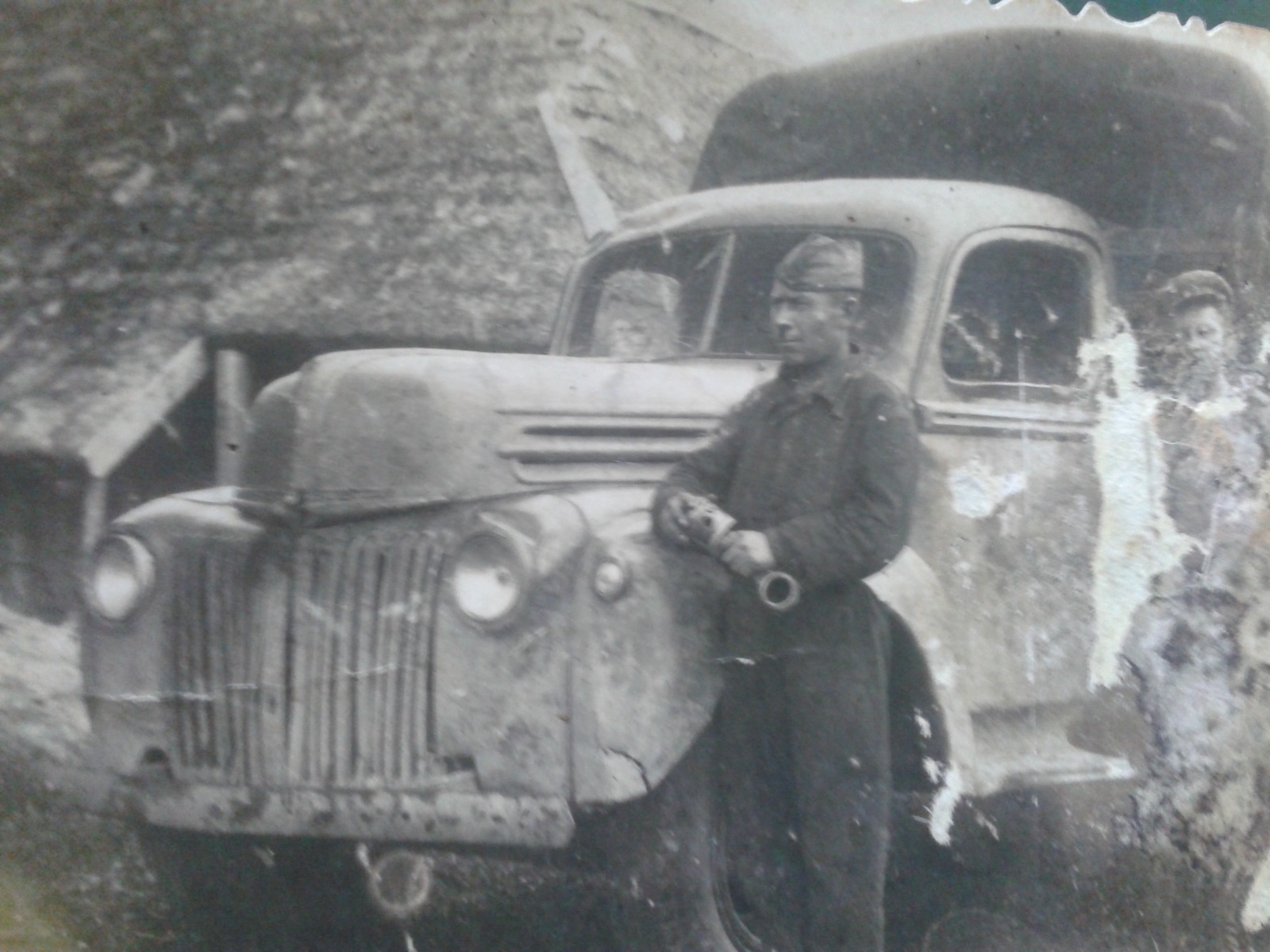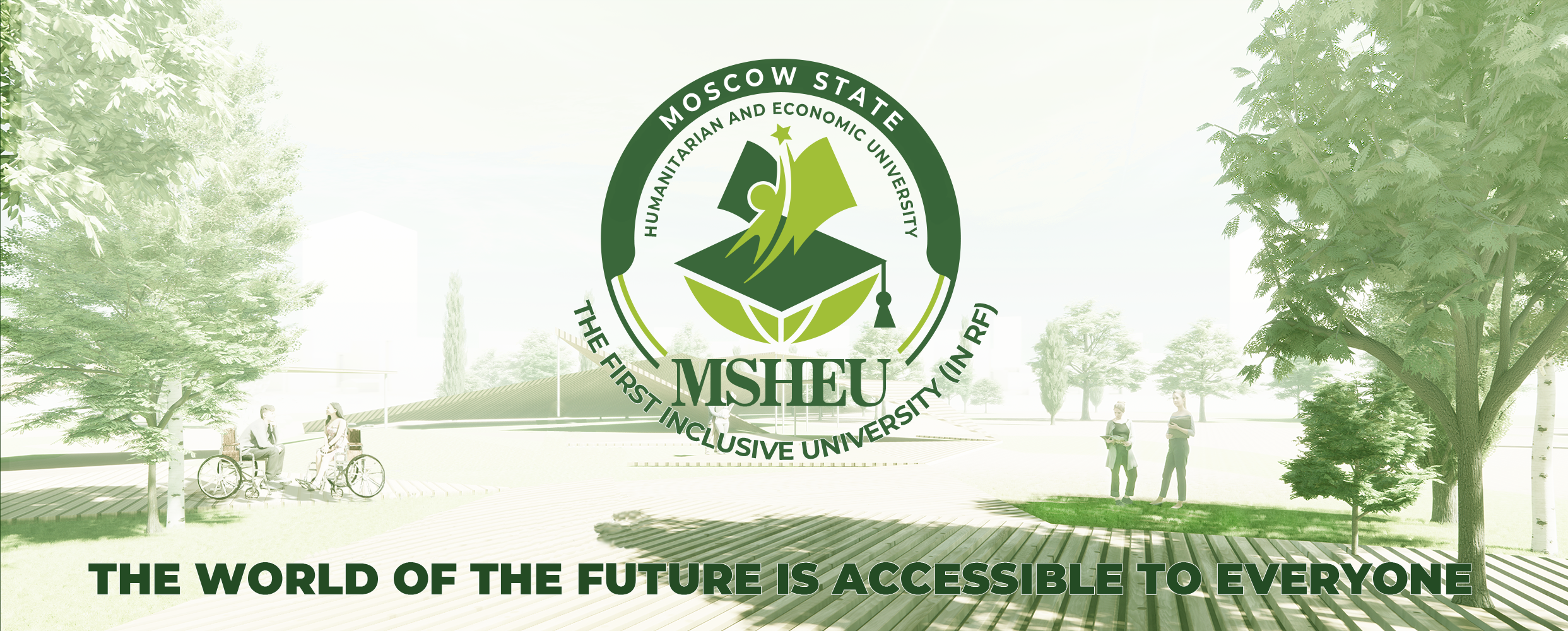Moscow State Humanitarian and Economic University participates in the All-Russian action “Scientific Regiment”. The Ministry of Science and Higher Education has been implementing this project together with educational organizations since 2021. The action is designed to perpetuate the memory of scientists and teachers who worked in the war and post-war years, students who went to the front as volunteers. Teachers of our university shared their memories of loved ones who participated in the Great Patriotic War.
Irina Sergeevna Nazmetdinova, Candidate of Pedagogical Sciences, Associate Professor of the Department of Sociology and Media Communications:
“My grandfather, Ilya Alekseevich Zhirnov, has been at the front since 1941. At the beginning of the war, he was 28 years old. There are few memories. Grandpa didn’t like to talk about it. I know that I was a driver, I drove shells to the front line. It was very scary, but “who else?” as he said. He told me how one day a shell fell next to the side of the car, where there were mines.
He was wounded several times, from the hospital – back to the front. He was awarded medals “For Military Merit”, “For Courage”, “For the defense of Moscow”, “For the victory over Germany in the Great Patriotic War of 1941-1945”, “For the capture of Berlin”, “For the liberation of Belgrade”. There were 11 awards in total. Went through the whole war.
In 1939, his first daughter was born, and in 1941, when he left, they were expecting a second child. A daughter was born in January. At that time, it was very hungry, and my grandmother, Antonina Mikhailovna Zhirnova, was malnourished, could not breastfeed. She chewed bread, which was given out at 200 grams per person, and wrapped the crumb in a gauze, gave the baby to suck, but this did not save her, and she died after 2 months.
Grandma is a veteran of the home front. After giving birth, there were no vacations for women, the children were in a nursery. Throughout the war, she worked at a factory where they made parts for tanks. I went out of town with other women, dug anti-tank trenches, put out land mines in the city. She was awarded the medal “For Valiant Labor in the Great Patriotic War”.
My other grandfather is Abdrauf Abdulkhalykovich Nazmetdinov. He was a civilian tractor driver, the only one for several villages. He had a reservation, was not allowed to go to the front, but he was eager to defend his homeland. They set a condition – to teach girls to work on a tractor so that they could drive the car no worse than he did. After the start of the war, in six months he trained two young girls and in January 1942 he went to the front, leaving his wife and 4 children at home. He was 30. He went through the whole war, reached Berlin, returned home all wounded. I sat down at my tractor, but the wounds did not allow me to live long. He died from the effects of his injuries in 1947.”
Svetlana Vladimirovna Kotovskaya, Head of the Department of Pedagogy and Psychology, Candidate of Biological Sciences, Associate Professor:
“My grandfather is Vasily Tikhonovich Yurasik. At the beginning of the war, he was in Arkhangelsk, protecting and guarding convoys that came with food to help residents and the front. He said it was a very difficult time, the whole of Arkhangelsk was starving.
Then he was transferred to fight in the Finnish War on the Mannerheim line. It was relatively quiet there, skirmishes were rare by that time. Their task was to protect and identify saboteurs. So he served the whole war.
There was a barracks of the uprising in Arkhangelsk, where my grandfather was during the convoys. 50 years later, my husband was already serving there. The building was rebuilt, but my husband and grandfather loved to discuss this place and compare the changes.”



